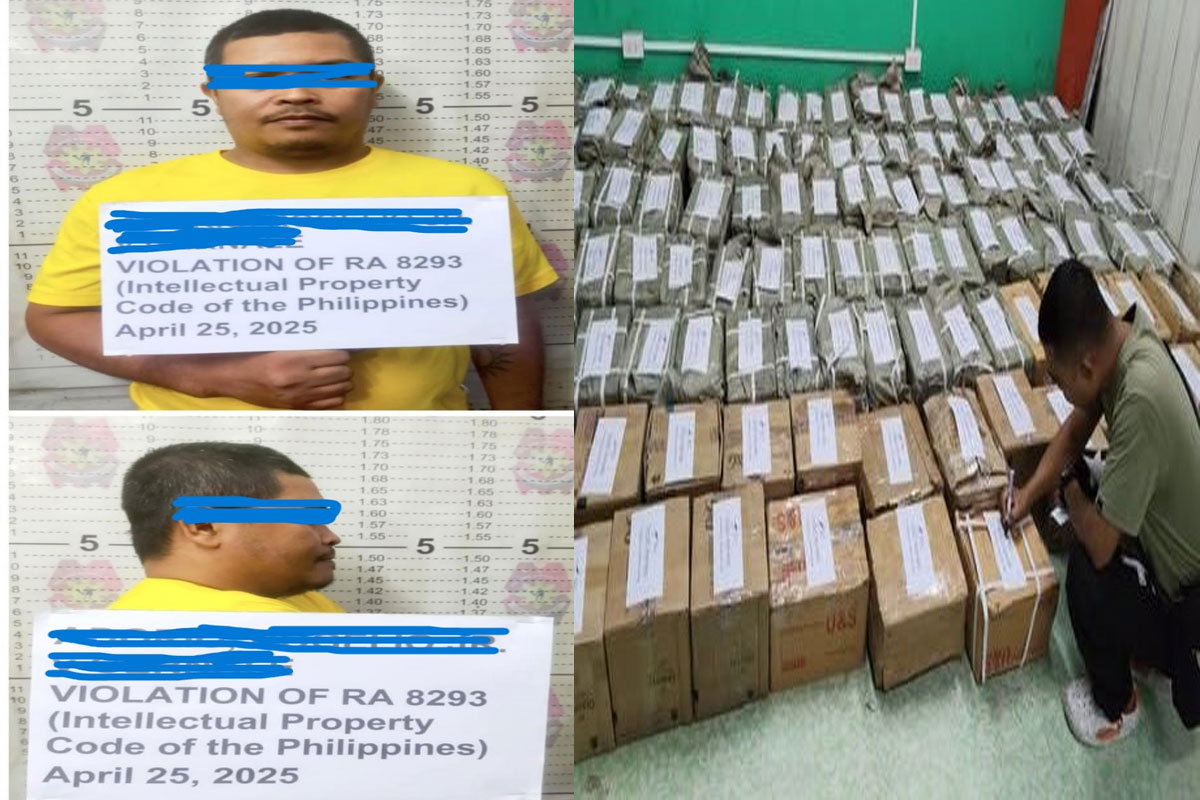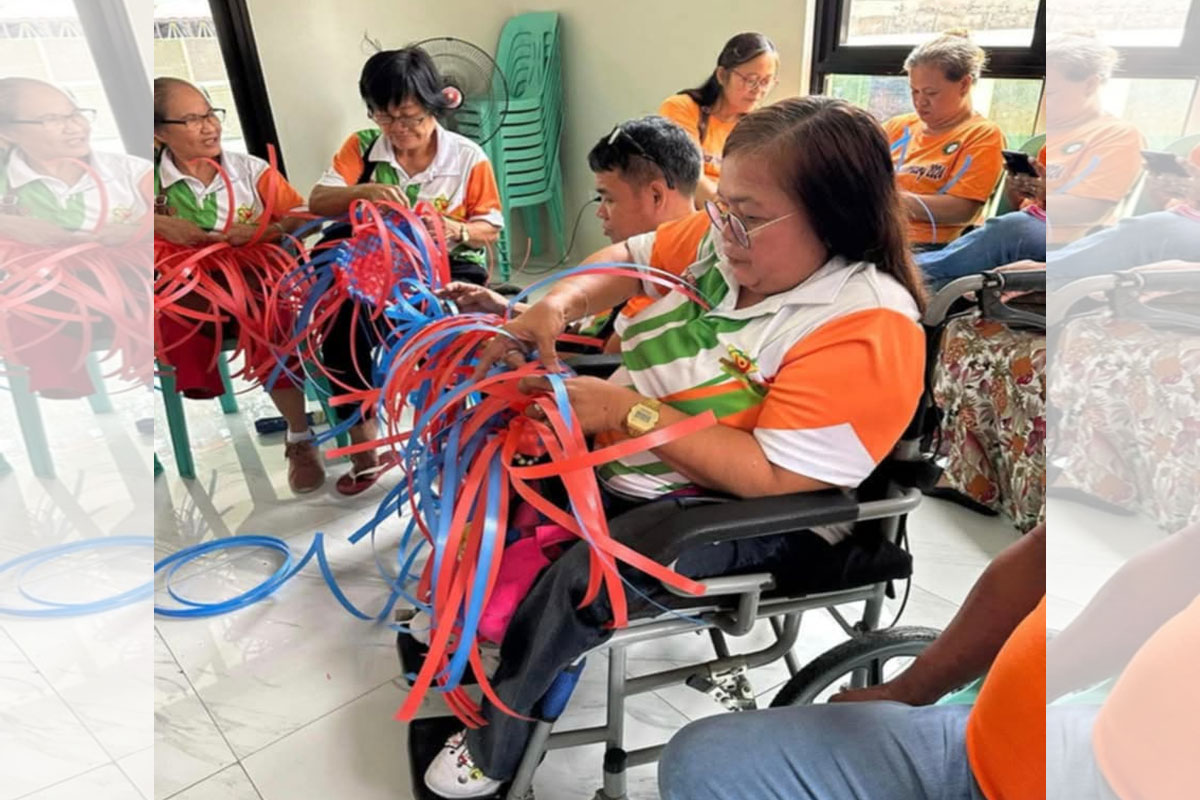
Growing number of college dropouts noted
IN a recent Senate budget hearing, Senator Joel Villanueva voiced strong concerns over the increasing number of college dropouts across the country. Data presented by the Commission on Higher Education showed that the attrition rate in 2021 reached 40.6%, with a slight decrease to 39.3% in 2022.
Villanueva emphasized that in the academic year 2022-2023, around 4 out of 10 students in higher education either temporarily or permanently left school. Among the regions, the Bangsamoro Autonomous Region in Muslim Mindanao (BARMM) recorded the highest dropout rate at an alarming 93.4%, followed by the National Capital Region and Western Visayas, both reporting rates exceeding 50%.
CHED chairperson Prospero de Vera attributed the high dropout rates to several factors, including financial difficulties, family issues, relocation, and health concerns—both physical and mental.
Senator Sherwin Gatchalian echoed Villanueva’s concerns and called on CHED to address the significant dropout rates, particularly among third and fourth-year students. He noted that these students often face escalating costs for academic requirements such as theses and internships. Gatchalian emphasized the need for increased financial assistance to ensure that these students can complete their studies. He further called for a thorough government evaluation to address the issue effectively.
Senator Pia Cayetano, chair of the Senate Finance Subcommittee, underscored the necessity of sustained investment in higher education. Cayetano, a staunch advocate for increased funding for state universities and colleges (SUCs), reiterated the importance of accessible and quality education in empowering future generations. For the 2025 budget, she is pushing for a Php 30.1 billion allocation for CHED, Php 113.7 billion for SUCs, and Php 22.3 billion for the University of the Philippines (UP) system.
Cayetano also highlighted the growing demand for doctors, noting the critical role of the Doktor Para sa Bayan Act, which she co-authored with Senator Villanueva, in addressing this shortage.





















